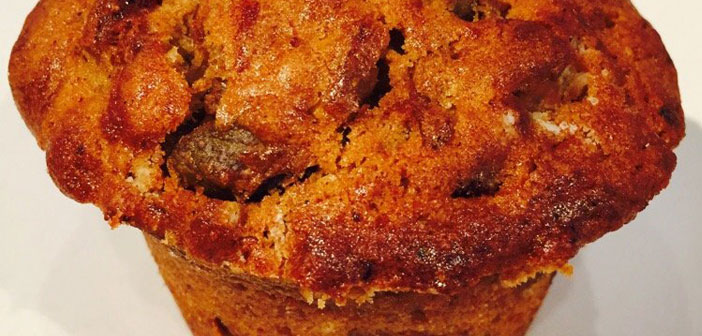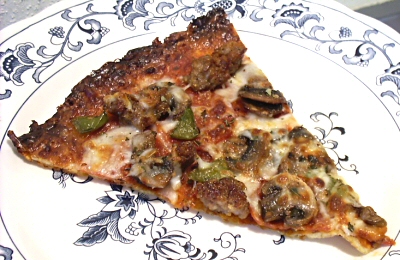Is Cheese Addictive?
Cheese contains several compounds that can lead to addictive behavior, including casomorphin, a type of opioid peptide derived from the breakdown of milk protein casein. Casomorphin binds to opioid receptors in the brain, producing a sense of pleasure and reward, similar to other addictive substances.
Additionally, cheese is high in fat and salt, which can further contribute to addictive-like eating behavior.
Eating cheese triggers the release of dopamine in the brain, which is associated with feelings of pleasure and reward, leading to cravings and compulsive consumption.
However, it's essential to note that cheese addiction, while possible, is not as prevalent or severe as addictions to substances like drugs or alcohol. Individual susceptibility, genetic factors, and other lifestyle habits play significant roles in the development of addictive behavior.
For most people, enjoying cheese in moderation as part of a balanced diet does not pose a significant risk of addiction.
-
SAVORY ARTISAN BUNS
SAVORY ARTISAN BUNS1/2 small onion, diced1 teaspoon garlic, minced1 te
-
CINNAMON
CINNAMON-APPLE FLAX MUFFINS 3 eggs 1/4 cup oil 2 tablespoons butter, m
-
FLUFFY BISCUITS
LAURENS FLUFFY BISCUITS1 cup plus 2 tablespoons almond flour (4 ounces
-
LEMON
LEMON-CREAM CHEESE SCONES2 cups Carbquik1/4 cup granular Splenda or eq
-
COCONUT MACAROON MUFFINS
NANCYS COCONUT MACAROON MUFFINS4 ounces almond flour (1 cup)1/2 cup go
-
DOBIE MUFFINS
DOBIE MUFFINS1 cup golden flax meal1/2 cup whey protein powder, vanill



